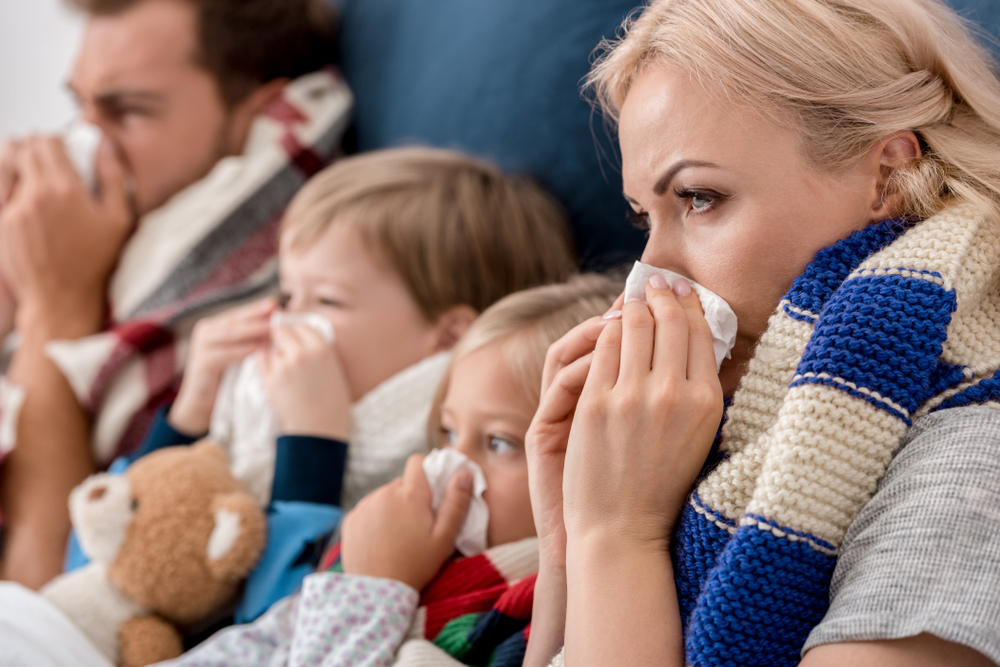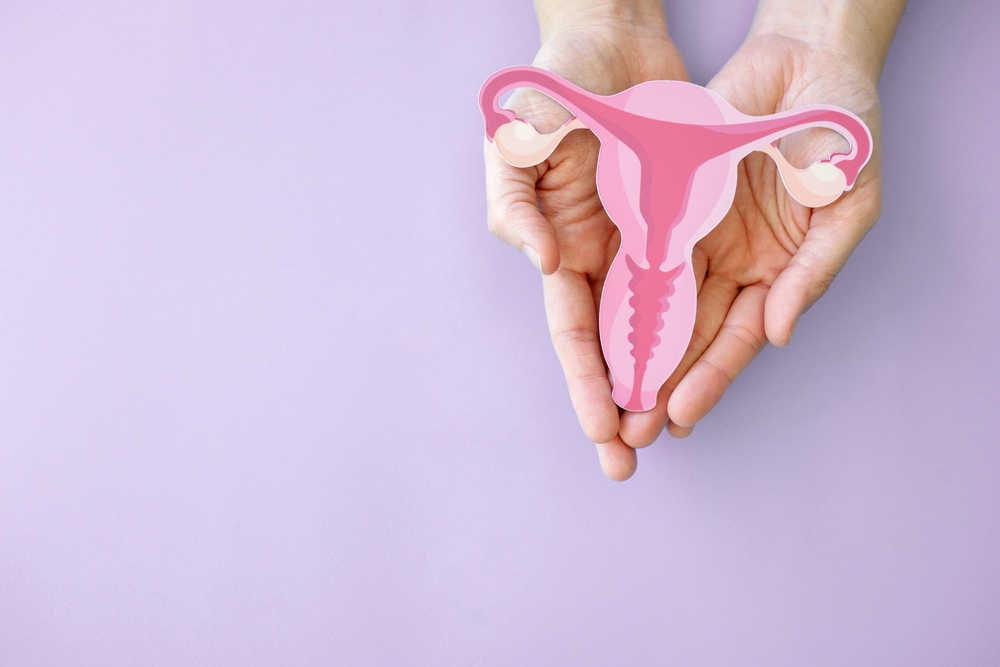Let’s be honest—parenting is chaos. Between school drop-offs, endless snacks, and stepping on Legos barefoot, sex can feel like a long-lost luxury. Maybe you’re too tired, or too busy folding laundry to even think about getting frisky. And that’s normal, really. But if the dry spell turns into a full-blown desert, it might be time to check in. Because here’s the thing: skipping sex for long stretches isn’t just about missing out on pleasure. It can quietly chip away at your health, your mood, and—yep—your relationship. In fact, the health risks of no sex go deeper than most parents realize. We’re talking immune issues, stress overload, and growing emotional gaps that sneak up while you’re focused on the kids. This isn’t about pressure or guilt—it’s about understanding what’s at stake when intimacy fades.
So, whether you’re in a dry spell, a reset phase, or just curious what’s going on under the surface, let’s dig in. No judgment, just real talk about what happens when sex takes a backseat—and how to get your groove back without turning your life upside down. Let’s take a look at what some of the experts have to say.
Your Immune System Loses Backup

Sex triggers the release of antibodies that fight off illness. It gives your immune system a natural edge. “Sex is known to improve heart health, lower stress levels through the release of endorphins and boost sleep quality,” says Dr. Sham Singh, a sexual health specialist and psychiatrist. Parents need that help, especially during cold season. Without it, your defenses weaken a bit. That’s one small but real health risk in busy family life. Even occasional intimacy can offer immune benefits that make a difference. It’s like a wellness boost you don’t have to schedule. When you’re constantly around germs (hello, daycare), every bit of immunity helps.
Your Heart Misses a Simple Benefit

Sex lowers blood pressure and boosts circulation. For parents with little time to exercise, this counts. Losing that regular activity has a cost. It’s another subtle health risk worth keeping in mind. A little intimacy supports a stronger heart over time. Think of it as cardio with cuddles—gentle but effective. That natural heart help is easy to overlook, but powerful. It’s a small habit that quietly supports your long-term health.
Men Face Higher Prostate Risks

Regular ejaculation may reduce prostate cancer risk. “As for men masturbating, it could help stave off prostate cancer, according to a Harvard Medical study. It found that men who ejaculate 21 times or more per month lowered their risk of the disease by a third,” explains Dr. Tara Suwinyattichaip, a sex expert and professor at the University of California, Fullerton, told the Daily Mail. Without it, men lose that long-term protection. Whether through sex or solo time, consistency matters. Skipping sex for too long becomes a quiet health risk for dads. Prioritizing sexual health protects more than just mood. It’s not just a desire thing—it’s a health thing. Staying sexually active can be one more tool for long-term well-being. It’s a simple routine that pays off more than most men realize.
Women Might Feel More Physical Discomfort

When sex stops, vaginal dryness or tightness can follow. This is common after childbirth or during menopause. It makes returning to intimacy harder. That discomfort adds to the health risks of no sex, especially for moms already stretched thin. Occasional touch can help maintain comfort and ease. Staying physically connected keeps the door open for future closeness. Gentle intimacy now can prevent discomfort later.
Mental Health Can Take a Hit

Sex boosts feel-good hormones like oxytocin and dopamine. Without it, stress and anxiety may build. Parents carry a lot emotionally, and that release matters. Skipping intimacy adds to the silent health risks. Couples experiencing a dry spell often let it affect their relationship. ”They don’t approach their partner with softness, vulnerability, and requests for compromise,” said Manhattan-based sex therapist Sari Cooper. Regular connection can stabilize mood and bring calm. Even a small spark can brighten your whole day. That emotional lift adds up in ways you don’t always notice right away. And when you’re emotionally drained, every lift matters.
Confidence Often Slips Away

Sex helps people feel desired and emotionally seen. “Those statistics need to change because refraining from having sex for too long can have negative effects on one’s self-esteem and overall well-being,” states Dr. Sham Singh. Without it, self-esteem can slowly fade. That’s especially true for parents adjusting to body changes and stress. Losing that validation becomes a real health risk over time. Even small moments of intimacy rebuild confidence. Feeling wanted isn’t shallow—it’s human. And those quiet reassurances can go a long way when life feels chaotic. Intimacy can be a reminder that you’re more than just a parent—you’re still you.
Stress Relief Gets Harder to Find

Sex is one of the body’s best stress relievers. It calms nerves and clears mental clutter. Without it, stress builds up more easily. “Suppressing sexual urges without alternative stress-relieving outlets can build up frustration and also aggravate anxiety or irritability,” Dr. Sham Singh. This is another overlooked health risk of no sex, especially for high-pressure households. Intimacy may do more than your next cup of coffee. It’s a natural, no-prescription way to reset your mood. That calm can ripple through the rest of your day. Even a short moment of connection can ease the mental load.
Read More: Why We Do It: The Science Behind Our Unusual Sexual Practices
Emotional Distance Grows Quietly

No sex often means less closeness. Couples touch less, talk less, and drift without noticing. This emotional gap is one of the hardest health risks of no sex to reverse. The earlier you notice the distance, the easier it is to fix. Start with simple affection, not pressure. A hug, a hand on the back—those little moments matter. They keep the emotional bridge strong before the gap grows. Small, consistent effort now prevents a much harder climb later.
Sex Can Strengthen Teamwork

When sex disappears, couples often lose a key form of connection. That shift can impact how they solve problems together. Intimacy reminds you that you’re a team, not just co-parents. Without it, teamwork weakens. Losing that rhythm can cause strain on your relationship. “Intimacy builds trust and empathy, which strengthens how couples collaborate,” explains Dr. Sham Singh. Think of intimacy as relationship glue—it holds more than just the physical. Reconnecting physically can help rebuild your problem-solving power, too. When you’re in sync emotionally, everything else tends to run smoother.
Resentment Can Creep In

If one partner wants more sex and the other doesn’t, frustration can build. That tension often goes unspoken. Over time, it fuels resentment and arguments. This emotional fallout is a common health risk of no sex that’s easy to miss. Honest talks can prevent years of quiet bitterness. Silence might feel safer, but it rarely solves things. Gentle, open conversations can defuse resentment before it explodes. Tackling it together builds trust and emotional safety.
Physical Touch Fades in General

Without sex, hugs, kisses, and cuddles often go too. That lack of touch can make people feel isolated. It’s not just about sex—it’s about staying physically present. Physical distance can feel like emotional rejection. Reintroducing touch gently helps prevent this common risk. Touch is a language of its own—it says “I see you,” even without words. Keeping that language alive protects your bond. Without it, partners can start to feel more like roommates than lovers.
Sleep and Energy May Suffer

Sex can improve sleep by relaxing the body and lowering stress hormones. No sex? Sleep may become lighter or more restless. For tired parents, this adds another challenge. Sleep struggles are another quiet health risk of no sex. That lost rest impacts mood, memory, and patience. A little intimacy before bed might beat melatonin. Better sleep can ripple into better mornings, too. When rest improves, so does patience—something every parent needs.
Kids Notice When Parents Drift

Children pick up on tension between their parents.”Kids are incredibly perceptive. When parents are disconnected, children feel it emotionally and behaviorally,” notes Dr. Sham Singh. If you feel disconnected, they often feel it too. A healthy sex life can help parents stay close and model strong bonds. When connection fades, parenting becomes harder. Rebuilding intimacy strengthens the home from the inside out. Kids thrive when their caregivers are in sync. Your relationship sets the tone for the whole household. When you nurture your connection, your whole family feels it.
You Don’t Need a Perfect Sex Life—Just an Honest One

It’s not about frequency—it’s about connection. “Intimacy evolves with life. What matters is that both partners feel seen, heard, and safe,” says Dr. Sham Singh. If something feels off, talk about it. Avoiding the topic doesn’t help. Many health risks of no sex grow silently over time. Stay open, stay curious, and take small steps back toward each other. Intimacy isn’t one-size-fits-all—it can evolve with your relationship and your season of life. What matters most is that you both feel seen, safe, and supported. A little vulnerability can go a long way toward rebuilding closeness.
Read More: Sex Ed Missed This—Here’s What You Really Should’ve Been Told

